Pocophone F1 camera review: hats off to Xiaomi!
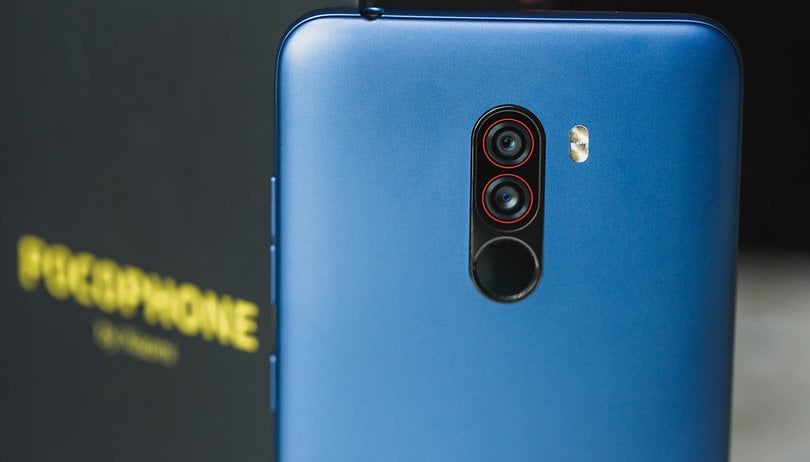

The Pocophone F1 from Xiaomi packs top-of-the-range hardware for an unbelievably low price: $349. But, does the camera live up to expectations? It's impossible to know based on specs alone, so we gave it a spin. Here are the results of our full camera review.
Before we start, let's have a quick look at the key specs. The Xiaomi Pocophone F1 has a dual camera on the back with 5 and 12 megapixels and an aperture of f/2.0 and f/1.9. The 5-megapixel camera is used to capture image depth and thus it's useful for AR applications and things like the bokeh (portrait mode) effect. The camera of the Pocophone F1 can record videos in 4K, slow motion with up to 240 fps, and time lapse is of course on board. The front camera has a 20-megapixel sensor and an f/2.0 aperture. It is also used together with the infrared LED in the notch for face unlocking.
You'll have fun with the main camera
If you take pictures with the Xiaomi Pocophone F1's main camera, you'll notice one thing straight away: the camera doesn't react as quickly as with the top smartphones, because it always needs a tiny moment to trigger. But that's not so bad, because the photos that the Pocophone F1 delivers in good lighting conditions are very impressive. They are sharp and reproduce colors very faithfully. We almost never notice excessive red and green tones, which can often be seen on inexpensive smartphones, with the Pocophone F1. Xiaomi's camera app looks tidy and is easy to use.
All in all, the pictures delivered by the Pocophone F1 often look a little pale and not quite as lively as they do on some other - often more expensive - smartphones. But the exposure usually fits well and the pictures reveal many details upon zooming in.
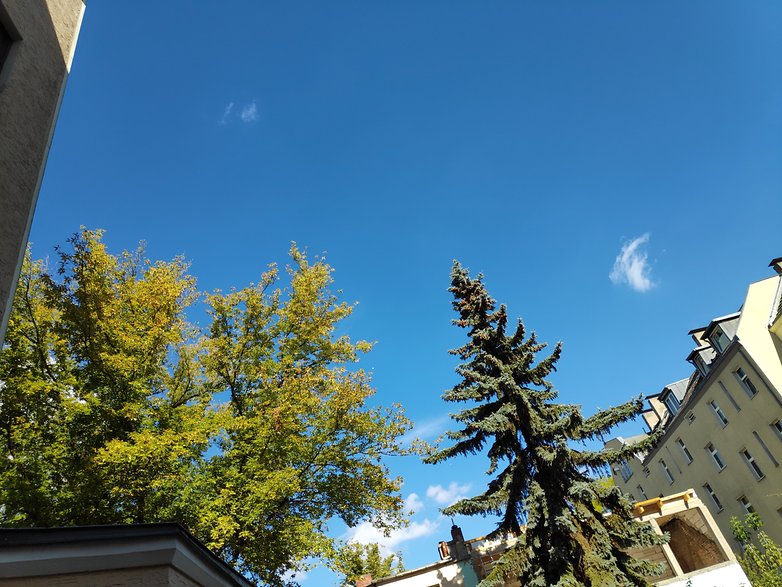


In portrait mode, the Pocophone F1 generates a mostly suitable bokeh effect, which you can adjust dynamically by tweaking the intensity and simulated illumination. This usually works well. But you can't change the focus afterwards, so if the wrong element in the picture is out of focus, you're out of luck.
Close-ups usually work well with the Pocophone F1, here too the bokeh effect looks very natural. Depending on the subject, the pictures could use a little more contrast and color brilliance, but that's a general complaint that again applies here.


But where there's light, there's shadow, literally. Like so many smartphone cameras, the Xiaomi Pocophone F1's snapshots in the test struggled in low light. Then the image noise rises relatively quickly, as does the danger of blurred photos. This is nothing unusual. Many cameras suffer from these issues, especially in the mid-range, but the Pocophone F1 does better than most. It's still something to take into account.

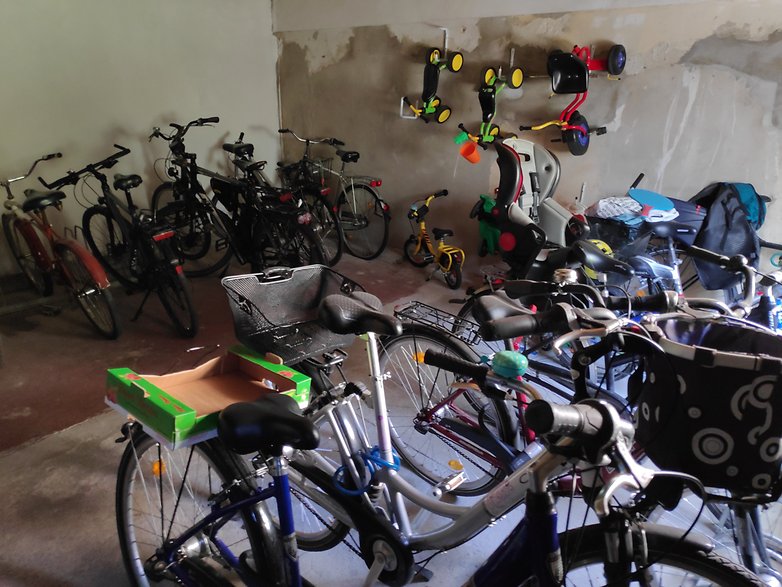
The Pocophone F1 in selfie mode
The front camera of the Pocophone F1 makes pretty nice selfies, which sometimes get a little blurred at the edges, but show a lot of details. Before you press the shutter button, you should make sure that the exposure is just right, otherwise, it happens that the Xiaomi smartphone sometimes makes the selfies too bright. You should spare yourself the beauty filters, which are adjustable, but just look fake and make your face pale.

If you want to see more photos that we've taken with the Pocophone F1 during the course of this review, have a look at the gallery on Google Drive:
- Gallery with photos taken by the Xiaomi Pocophone F1
The bottom line of our camera review is that the results of the Xiaomi Pocophone F1 are absolutely fine. For its price point, it will be difficult to find a noticeably better smartphone camera. The Pocophone F1 can't quite keep up with the expensive flagships of the luxury class, like iPhones, the Huawei P20 Pro or the current Galaxy S and Note smartphones from Samsung, especially in low light, but there's not much missing overall. Respect to Xiaomi! My expectations were exceeded.
What do you think of the Pocophone F1's photos? Are you impressed by the results?
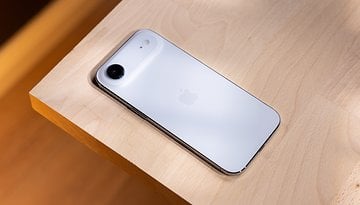
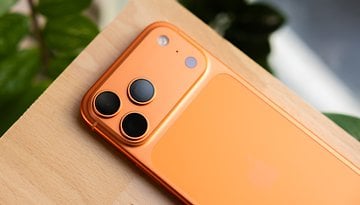
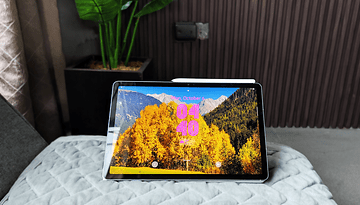

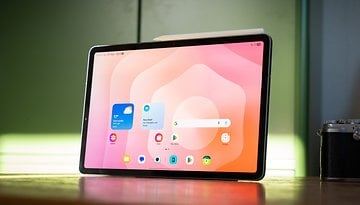
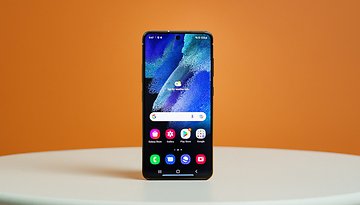
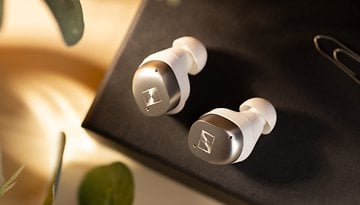
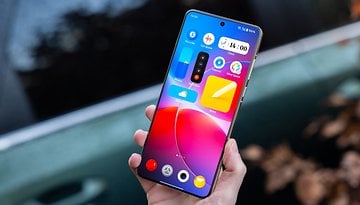
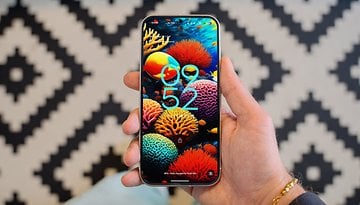
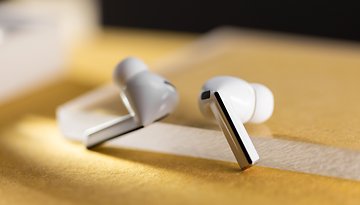
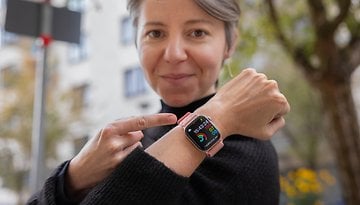



I feel it's a steal with that photo quality, for me I think it's worth that money just for that camera, even more so now, 6 months after the release or so, and I also think that I personally would've bought it even if it had like 200 - 500 mah less, or if it had like 4Gb RAM, of course if I didn't know such phone existed.
Nothing compares. I did bring it today to a new year's night party and everybody wanted to have a picture shot from the Poco F1 dual AI camera. It is simply in a league of its own.
Had the pocophone for a month now and think the camera is great, also have the Huawei mate 10 pro & Sony xperia xz and this holds it own easily against them, absolutely brilliant phone
For the money I really don't think you can go wrong. Budget phones have improved light years compared to yesteryear. It's a whole new ball game!